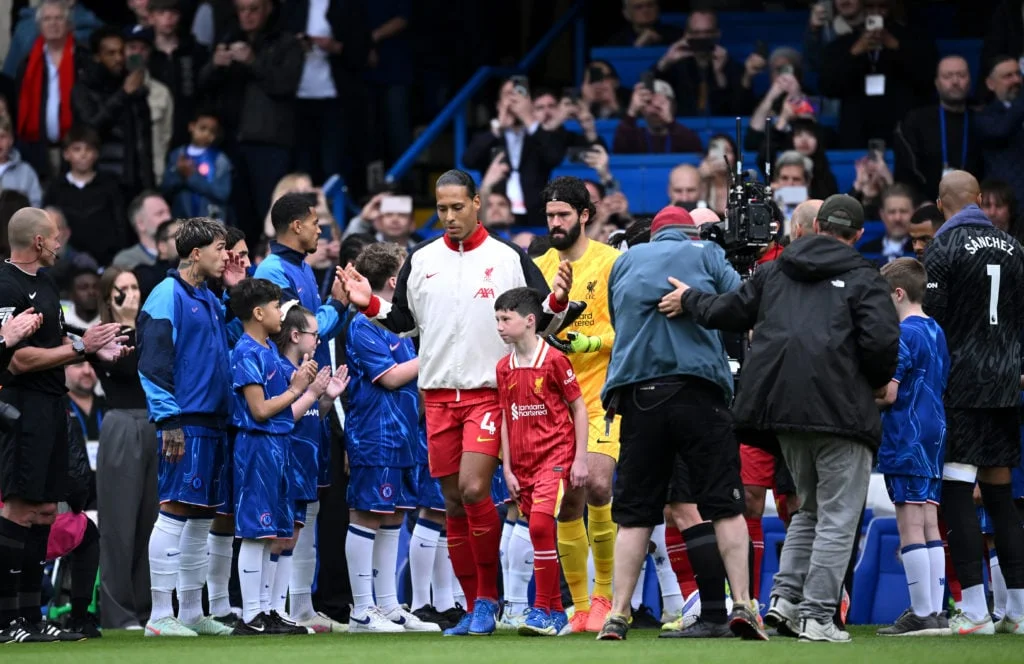
Is the Guard of Honour Tradition Dying in Football?
In a world where tradition often clashes with sentiment, the guard of honour in football has become a focal point for both admiration and disdain. Recent events involving major clubs like Chelsea and Liverpool highlight the mixed sentiments associated with this age-old custom.
On the final day of Chelsea’s recent victory over Liverpool, a customary guard of honour was bestowed upon the latter in recognition of their Premier League triumph. Chelsea's players applauded as Liverpool stepped onto the pitch, a gesture steeped in sportsmanship yet underscored by a tinge of begrudging respect. Chelsea’s former player, Carlton Cole, expressed a contrasting view, stating emphatically on talkSPORT: "I’d turn my back. I’d start crying if I see their faces, the smuggy faces walking past me.” His sentiments reflect a growing discontent towards the guard of honour, particularly when acknowledging a rival's success feels more like a personal affront than a celebration of sporting achievement.

This symbolic act, which calls for teams to recognise each other's triumphs, has notable roots, originating in 1955 when Manchester United applauded Chelsea after their first league title victory. The guard of honour has since evolved, with high-profile examples occurring in the English Premier League, featuring teams such as Arsenal, Manchester United, and more recently, Liverpool, paying tribute to champions.
Yet, as Cole’s comments suggest, not all are in favour of maintaining this tradition, particularly when it comes to fierce rivalries. The tension surrounding a guard of honour can sometimes overshadow the goodwill it seeks to convey. In their effort to pay homage, teams turn what should be a celebratory moment into an emotionally charged affair, particularly for those players with extra motivation to win.
Remarkably, this year saw multiple clubs wrestle with their obligations to uphold the tradition. After Chelsea's previous win against Liverpool, Cole pointed out that as an Arsenal player, he would refuse to applaud Liverpool, hinting at a significant division among players regarding the gesture. Cole's reference to Liverpool’s success as "bad sportsmanship" underscores the complexity of emotions tied to this ritual.

The guard of honour custom thus wades through a muddled landscape of honour and rivalry, occasionally leading to less-than-respectful interactions. For instance, Manchester City’s Bernardo Silva gained attention in 2020 when he made headlines by choosing to unceremoniously ignore the applause for Liverpool. Similarly, Arsenal fans notoriously booed Robin van Persie during his unexpected return to receive a guard of honour as a Manchester United player in 2013.
As football continues to evolve, one must question whether the guard of honour, once a respected tradition, will continue to find relevance amid shifting player attitudes and intensifying rivalries. Are clubs moving towards a culture where formal gestures of recognition become obsolete? Or could this be a vital part of football that, despite opposition, remains essential to the sport's chivalry? In a landscape marked by fierce competition, only time will reveal the ultimate fate of the guard of honour.
What are your thoughts on the guard of honour? Should it remain a staple of football culture, or is it time to retire this tradition? Share your views below and join the conversation.